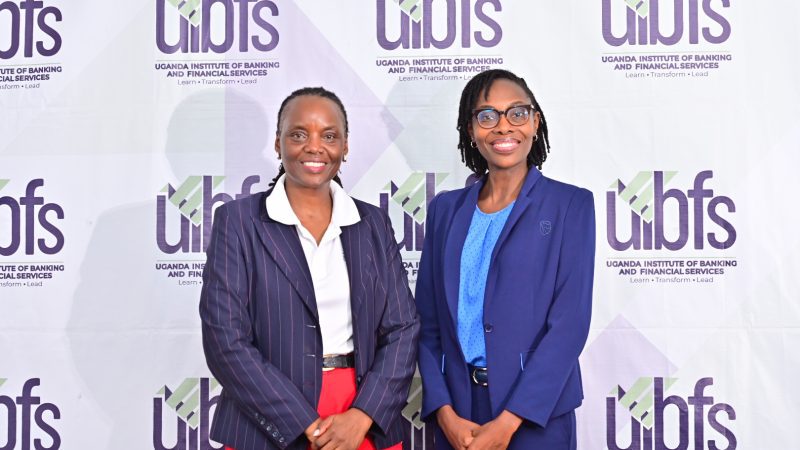Uganda’s private sector continues to thrive despite higher utility, rent, material, and staff costs, according to the latest Stanbic Purchasing Managers’ Index (PMI). The PMI dipped from 54.1 in May to 51.9 in June, indicating continued growth but at a slower pace.
“The private sector in Uganda is showing remarkable resilience in the face of rising costs,” said Christopher Legilisho, Economist at Stanbic Bank. “The strong demand conditions are driving output and employment growth, and businesses are optimistic about the future,” he added.
The survey found that output and new orders increased for the third consecutive month, driven by healthy consumer demand, referrals, and newly acquired clients. Companies also expanded their staffing levels for the fifteenth month in a row, with both part-time and full-time workers being hired to meet growing demand.
“The growth in output and new orders is a testament to the strength of the private sector in Uganda,” said Legilisho. “Despite the challenges posed by rising costs, businesses are confident about their future prospects and are investing in their operations to meet growing demand.”
The survey also found that input prices rose for the third consecutive month, driven by hikes in utility bills, rent, materials, and staff expenses. However, businesses were able to pass on some of these costs to consumers, with output prices also increasing.
“The rise in input prices is a concern for businesses, but they are managing to absorb some of these costs and pass on the rest to consumers,” said Legilisho. “This is a sign of the resilience of the private sector in Uganda and its ability to adapt to challenging conditions.”
Despite the challenges posed by rising costs, businesses in Uganda are optimistic about their prospects. The survey found that optimism about future output was broad-based across all five monitored sectors, with firms expecting stronger demand conditions and further growth in new business.
“The outlook for the private sector in Uganda is positive, with businesses expecting further growth in output and new orders,” said Legilisho. “This is a testament to the strength of the economy and the resilience of the private sector.”











